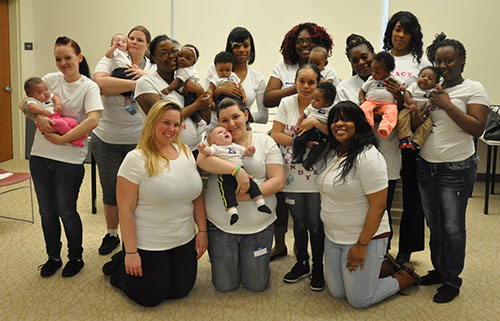Honesty And Responsibility Are Key To Your Child’s Success In Life. Values Blossom With Your Love And Patience. As A Parent, You Are Your Child’s Most Important Teacher. You Can Help Your Child:
- Learn The Difference Between Honesty And Dishonesty
- Take Responsibility For their Actions
- Treat Others With Kindness And Respect
Values Aren’t Developed Overnight! Growing Up Takes Time – As Does Learning Good Values.
“Fiddling” and taking things are normal childhood behaviors. Toddlers (under age 3) are just learning to match words to feelings, objects and experiences. They generally don’t know right from wrong, and usually don’t lie or take things on purpose.
Young children have very active imaginations. They often blur reality and fantasy. They also:
- enjoy hearing (and making up) stories
- think that wishing for something can make it happen (wishful thinking)
- have trouble controlling themselves
School-age children should know the difference between right and wrong. But they may act impulsively – without thinking. They may lie to avoid punishment or unwelcome tasks. They may be testing rules or seeking attention.
Young children like to know what to expect. Make honesty a household rule. Explain what will happen if this rule is broken.
For example, try to:
- keep promises that you make
- avoid “white lies” – these can confuse children
- apologize for your own lies or mistakes
For example, read books that show the importance of honesty, respect and trust. This helps your child learn values in a calm, positive way. Give your child a hug and some warm words for being honest and responsible.
Children who are told they are “bad” or “liars” may begin to believe it and act accordingly. Remember, the behavior is bad, but not the child.
If your child has clearly done something wrong, avoid yes or no questions. For example, say “I see you ate your sister’s candy,” instead of “Did you eat the candy?” This explains why taking it is wrong.
Parents may accidentally encourage dishonesty by:
- setting expectations or standards too high
- having very strict rules or punishments
Children under a lot of stress may lie to avoid disappointing or upsetting their parents. Let your child know that he or she can talk to you about anything!
P.O BOX 2823, SUGAR LAND, TX 77487-282
832-871-2385




